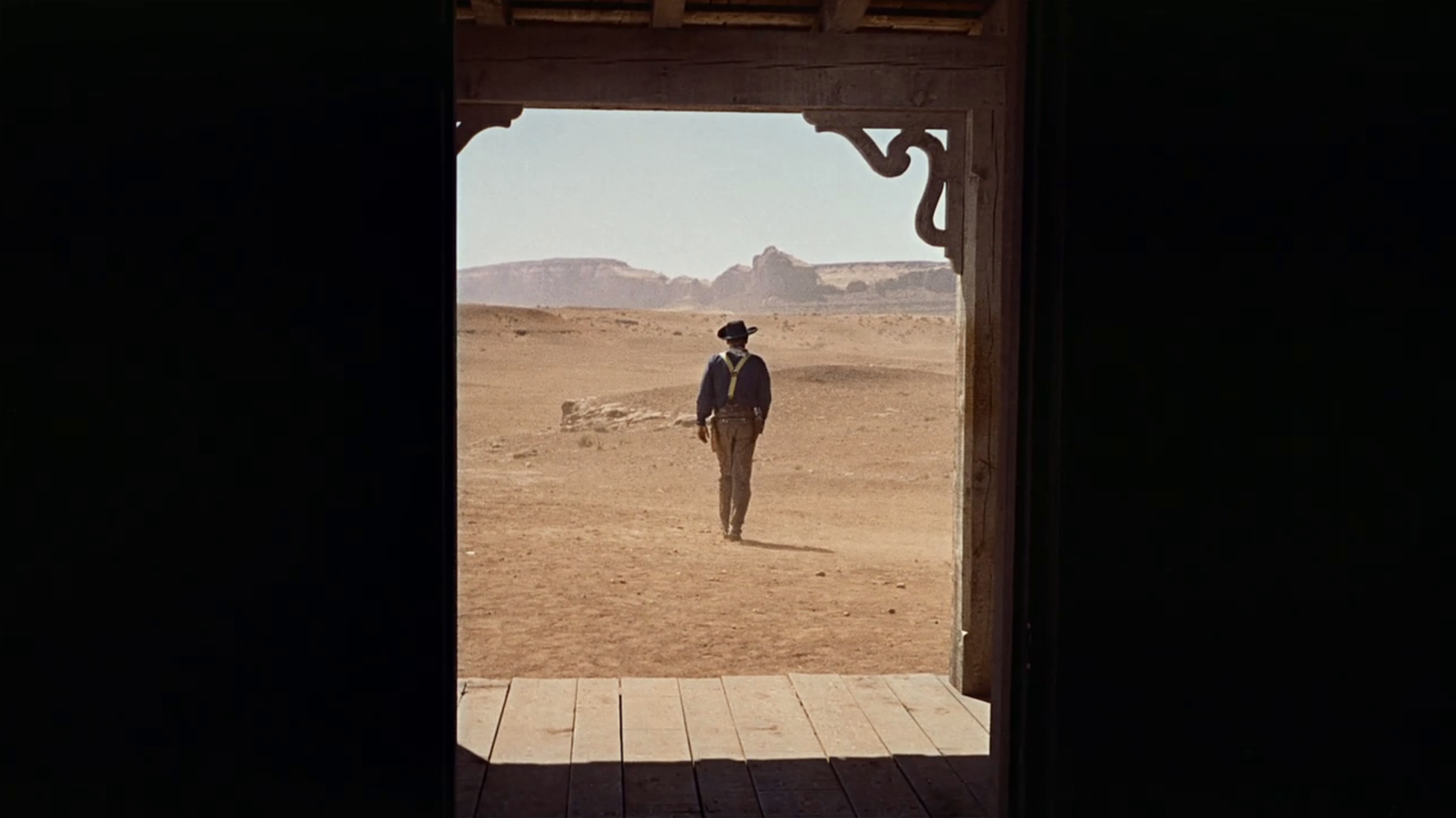-
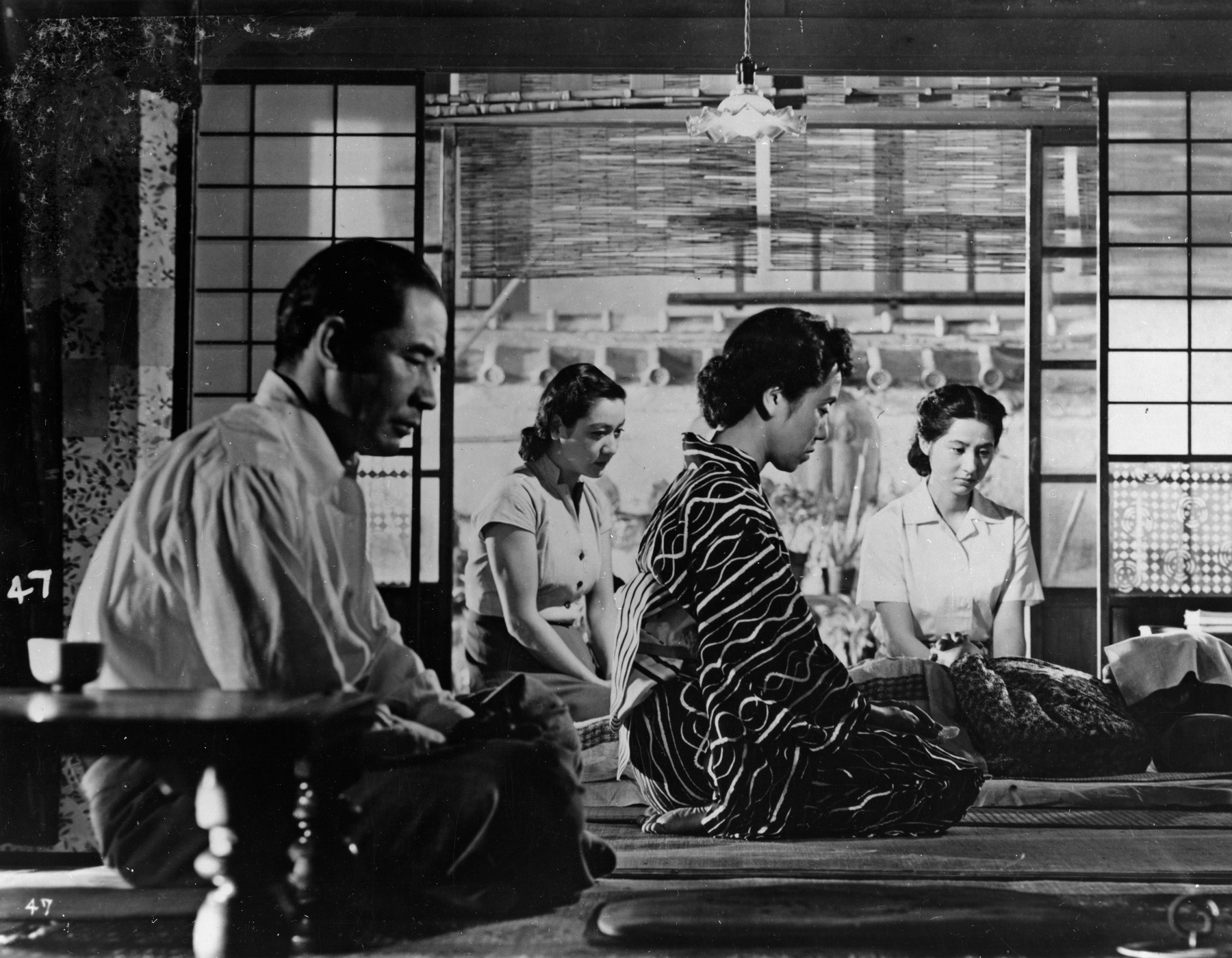
The Best Films of the 1950s
The greatest films of the 1950s, from the classic Hollywood musicals to Japan’s Golden Age of cinema.
-
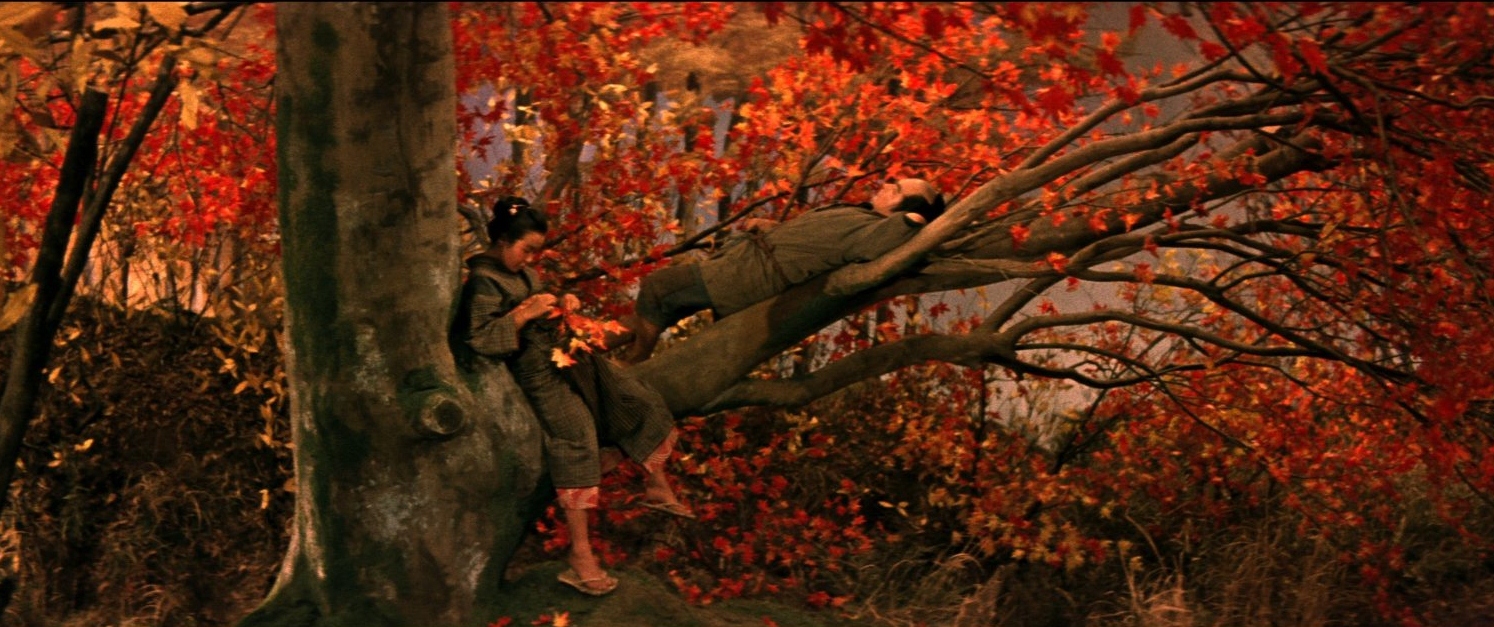
The Ballad of Narayama (1958)
There might not be any historical record that the cultural traditions in The Ballad of Narayama existed anywhere outside of Japanese folklore, and yet it is exactly in that heightened, mythical realm where Keisuke Kinoshita’s film dwells, intertwining kabuki theatre, musical storytelling, and vibrant cinematic innovations within a distant dream of forgotten legends.
-
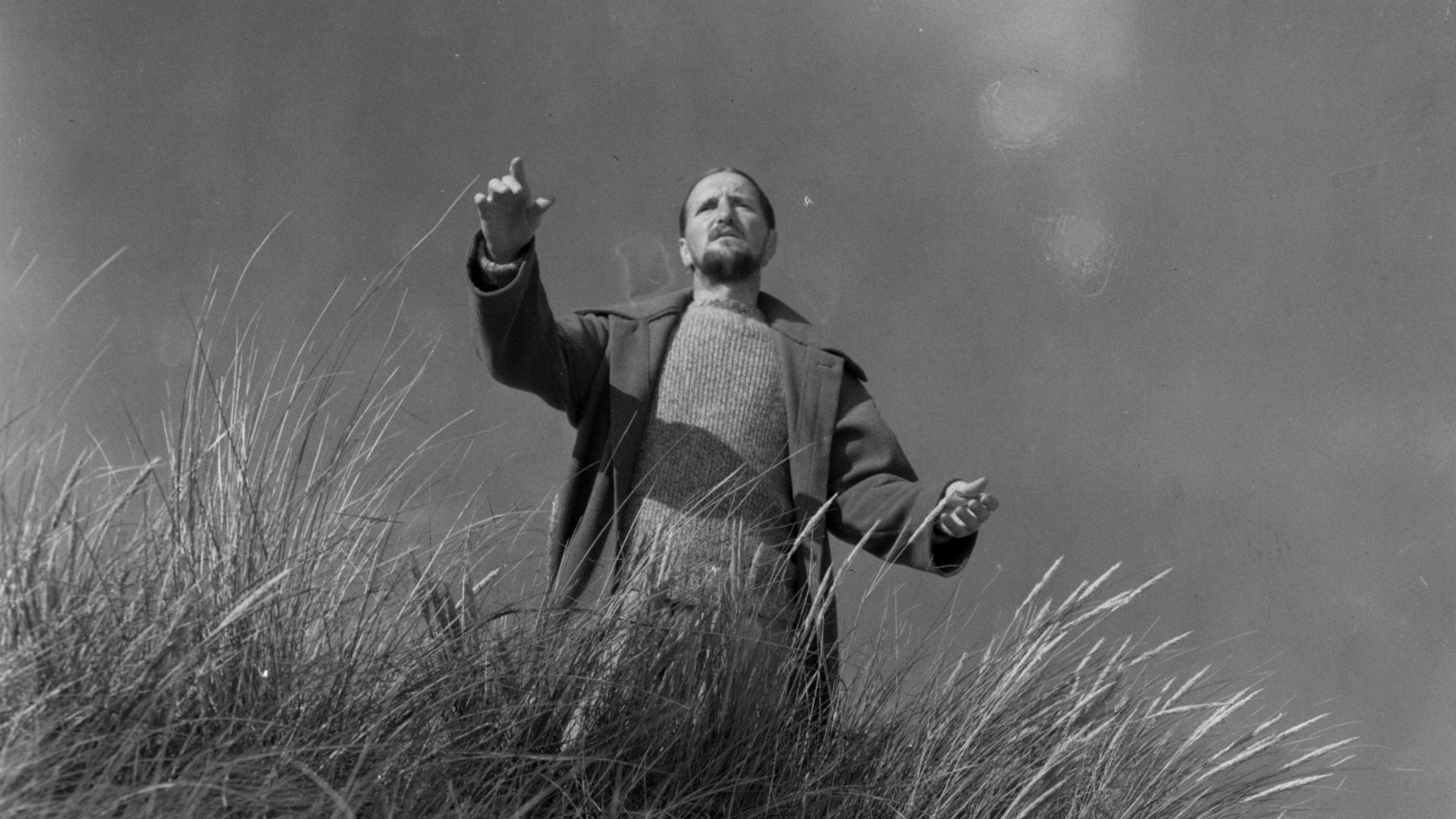
Ordet (1955)
Ordet’s parable of dwindling spirituality is stark in its dogmatic minimalism, enveloping Christians and non-believers alike in rural landscapes of harrowing scarcity, and yet still there is hope in Carl Theodor Dreyer’s deliberations on divine miracles that espouse the indivisibility of life, faith, and the profound resurrection of both.
-

Lola Montes (1955)
Max Ophüls’ untethered camera sways freely with the currents of history and destiny that swirl around renowned dancer Lola Montes, exposing the tragedy that sees the perverse celebrity culture of 19th century Europe simultaneously glamourise her rise to fame, and degrade her into an object of commodified, gaudy spectacle.
-
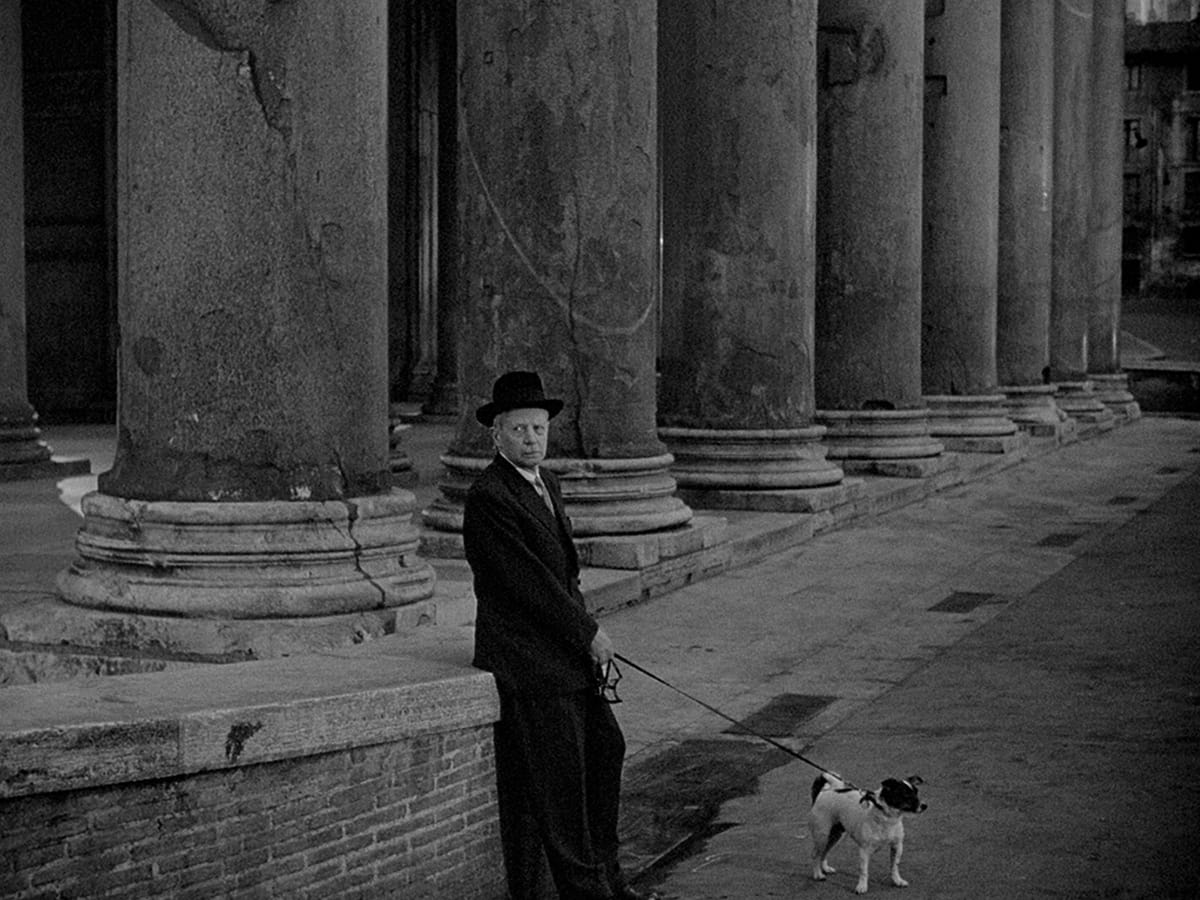
Umberto D. (1952)
While post-war Rome crumbles in Umberto D., Vittorio de Sica interrogates the isolating shame of poverty through the trials of one elderly pensioner, confronting the bleak realities of homelessness within an urban landscape of rich cultural history and cold, harsh discomfort.
-
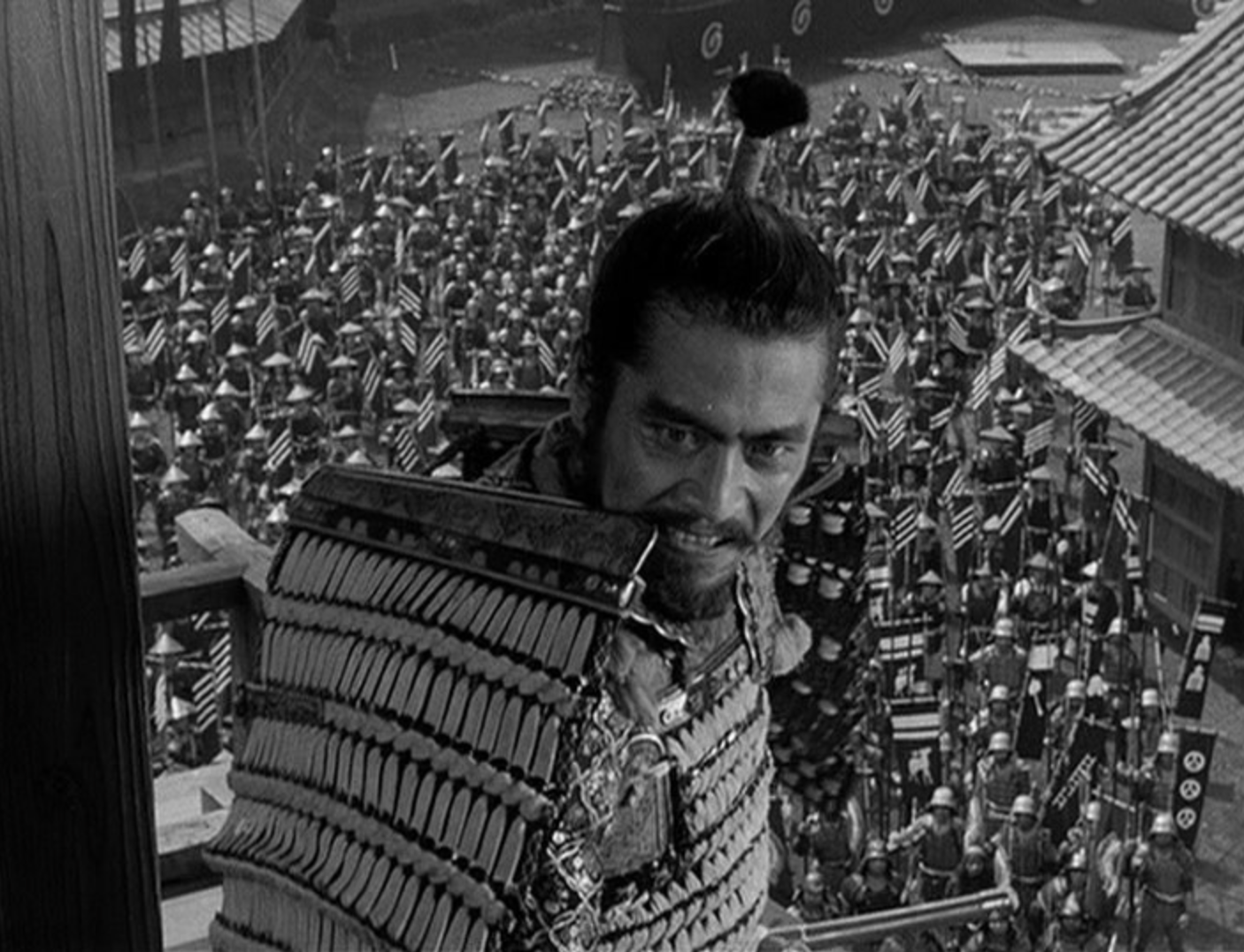
Throne of Blood (1957)
Akira Kurosawa’s landscapes of ambition, fate, and consequences make for a perfect marriage with Shakespeare’s Macbeth in Throne of Blood, formally integrating the narrative’s treacherous power plays with historical elements of Japanese Noh theatre, and mounting the forces of nature and destiny against the dishonourable samurai at its centre.
-

The Human Condition (1959-61)
Japanese soldier, prisoner, and pacifist Kaji seems to live multiple lives across the modern odyssey of The Human Condition trilogy, waging his soul as the last battleground of moral fortitude in the final years of World War II, and becoming the compelling centrepiece of Masaki Kobayashi’s devastating study on humanity’s most vital essence.
-
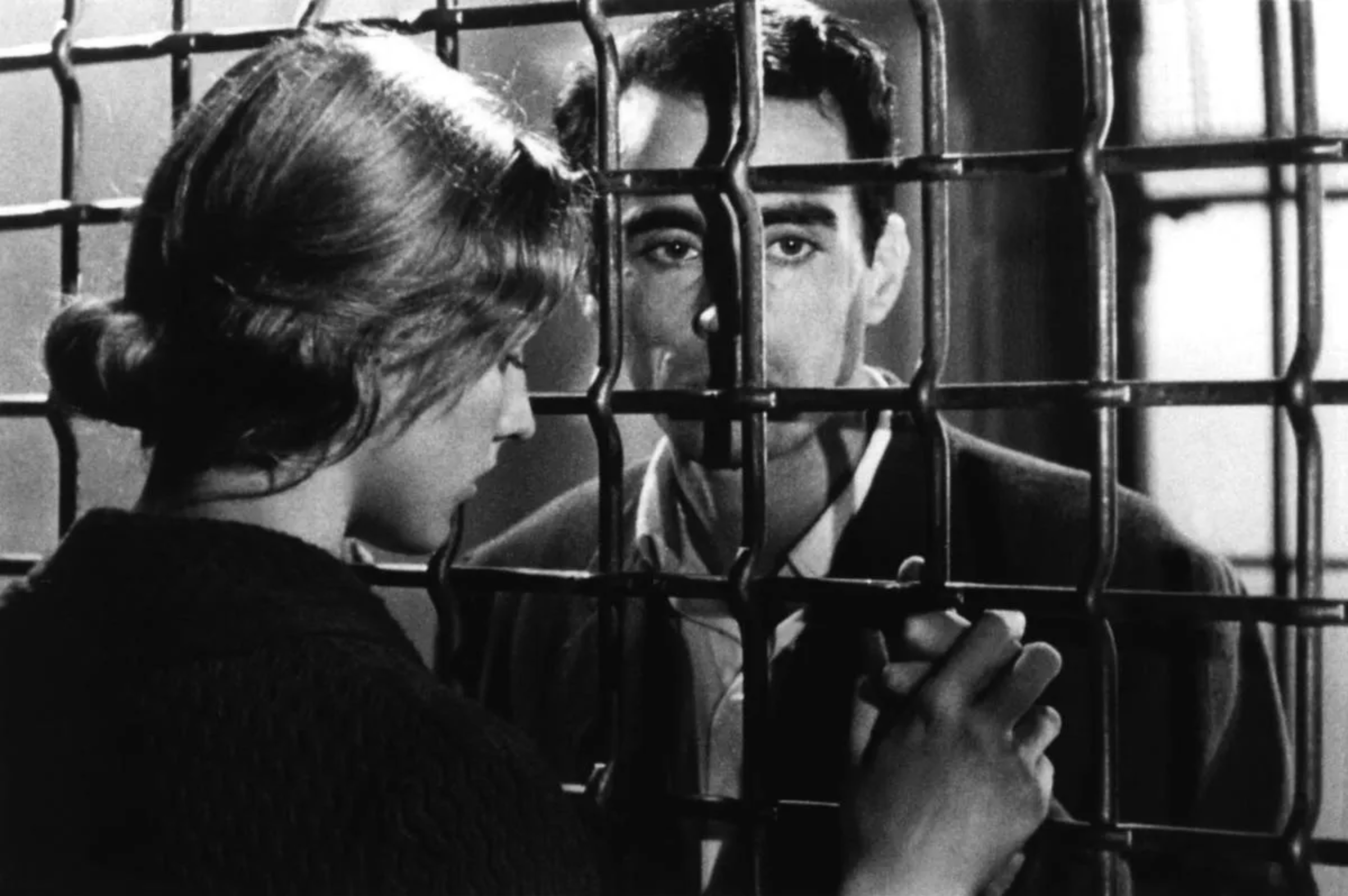
Pickpocket (1959)
The sensitivity that is absent on the faces of Robert Bresson’s actors can be found instead in the dextrous movements of their fingers, palms, and wrists in Pickpocket, drawing a transgressive eroticism from the penetration of personal spaces, and building out a subtle interrogation of one thief’s unlikely guilt.
-

Kaagaz Ke Phool (1959)
There is certainly something poignantly poetic in the way Guru Dutt’s premature passing mirrors the ending of his final film, tracing the tragic fall of a once-famous filmmaker, but Kaagaz Ke Phool also captures the essence of an artistic imagination profuse with creative joy, lyrically reminiscing the love which inspired him to craft some of…
-
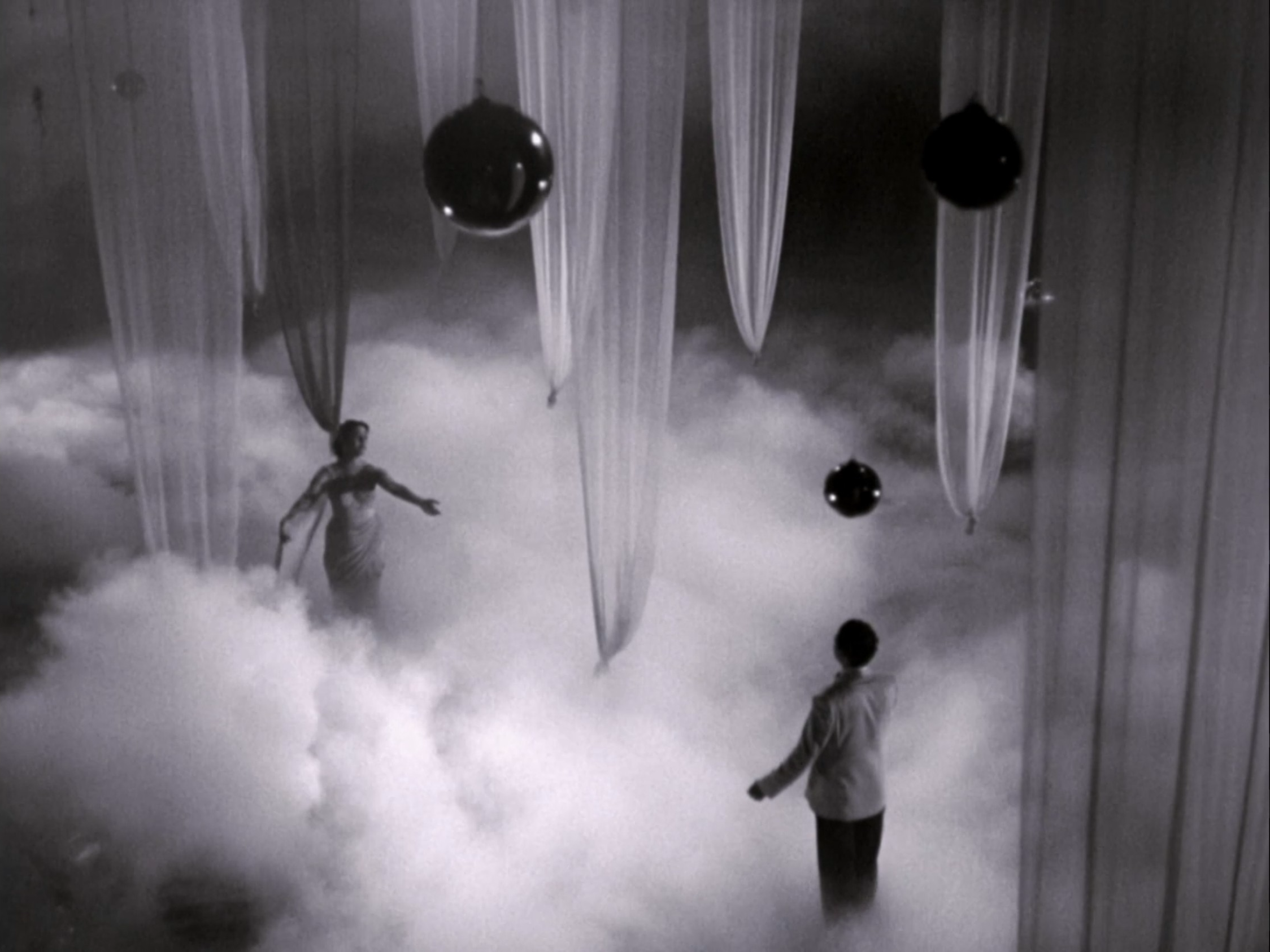
Pyaasa (1957)
Often cited as the peak of Bollywood’s Golden Age, Pyaasa flows with incredible joy, sensitive eloquence, and profound cynicism, adopting the passionate romanticism of the struggling Urdu poet at its centre with lyrical camerawork, and marking the musical epic as Guru Dutt’s crowning achievement.
-
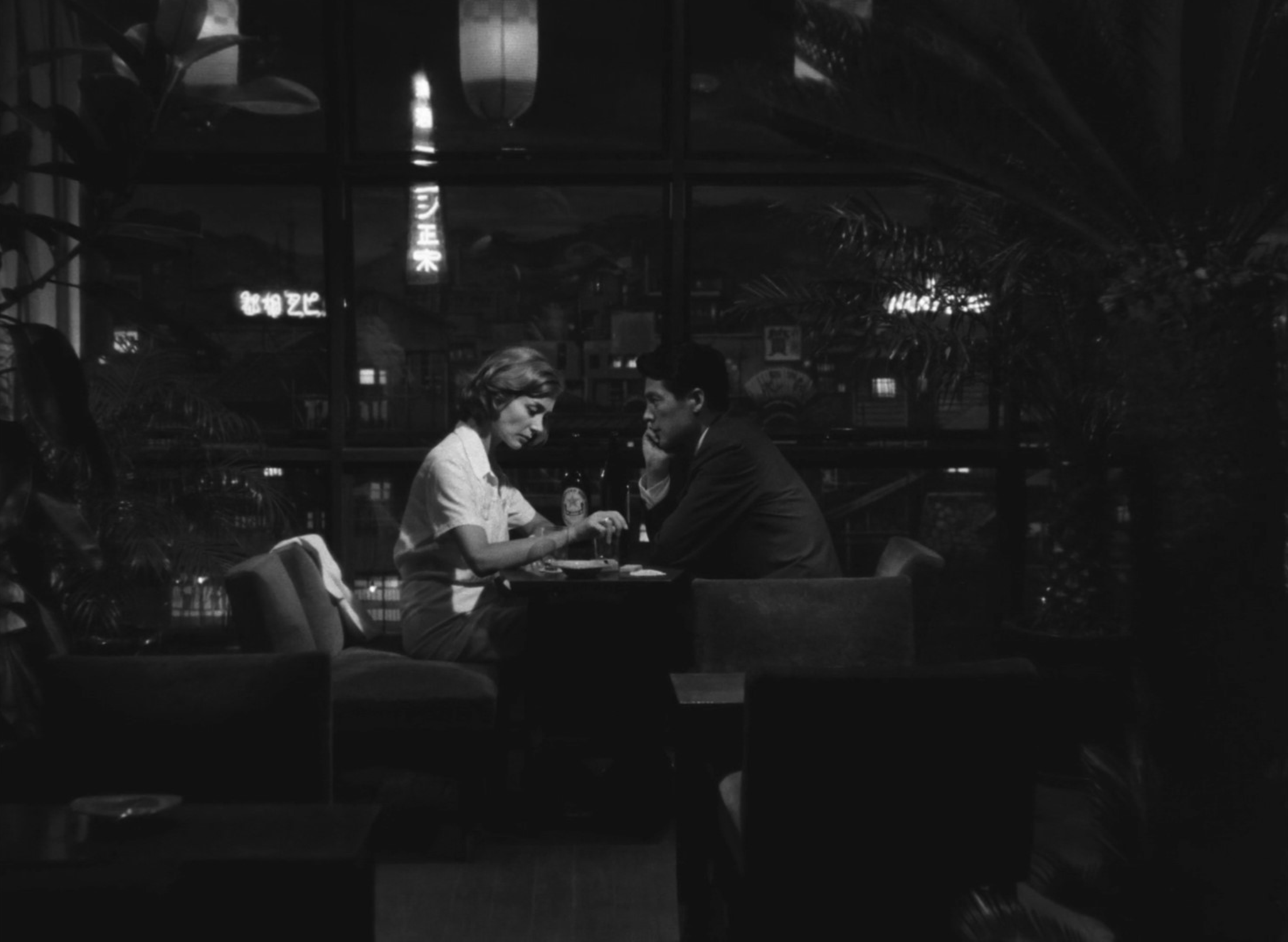
Hiroshima Mon Amour (1959)
Hiroshima Mon Amour is a film of intersections – past and present, France and Japan, man and woman, conflicting sides of a war – and through his elusive formal comparisons Alain Resnais draws a sharp divide down the middle of its central romance, ruminating over the subjective memories left behind in the wake of such…

